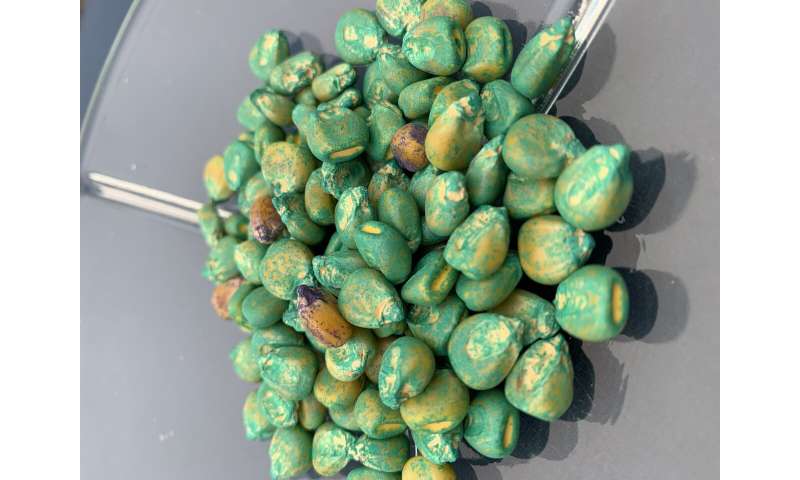Bernie Sanders is considering several options as he ponders his campaign’s future
At 78, Sanders, a democratic socialist who long toiled on the fringes of the national political debate, might well be in his final national campaign. Unlike four years ago, when there was a clear incentive to keep running against Clinton and build a still-budding movement, he came into this race as a known entity with a proven following — making his current political aspirations less clear.
The senator is expected to reach a decision about the way forward in consultation with his wife and closest adviser, Jane Sanders. Campaign officials have signaled that he is not in any rush.
In a sign of how close Sanders is keeping his deliberations, even longtime friends and associates have said in recent days that they have little idea of where he will come down. Those with knowledge of the private discussions said the conversations have been substantive and thoughtful and that they reflect how intensely the senator is grappling with his options.
Outside supporters have publicly suggested a range of different options, underlining the dilemma Sanders is confronting.
Larry Cohen, a close ally who helms a nonprofit aligned with the senator, is advocating that Sanders do three things: Push for mail-in balloting for the remaining primaries to curb the risk to voters from the coronavirus; stay in the race to accumulate enough delegates to influence the party platform; and forge a working conversation with Biden that acknowledges that the former vice president, not him, has the path to a majority of pledged delegates.
“Just a dialogue with Biden, not attacks,” said Cohen.
RoseAnn DeMoro, a close Sanders friend and former nurses’ union head, said Sanders should not approach the race as a done deal and ought to treat a come-from-behind victory in future contests as a possibility given the volatility of the times.
“I think there’ll be openings that we don’t know” about, said DeMoro, warning that it would be foolish to concede to Biden.
Biden has made entreaties to Sanders and his supporters, embracing policies the senator has championed and nodding to his youthful movement in recent speeches. Aides from the two campaigns have been in close touch over the coronavirus, officials from both sides said recently, outlining a potential path for negotiations that could lead to an exit more acceptable to Sanders.
It’s not clear he would take it, however. Sanders appears as keen as ever on using his platform to advance his own ideas about how to combat the impact of the coronavirus, as he did Friday evening when he convened a virtual discussion.
“This a moment that history will look back on and say: How did the people of the United States respond?” Sanders said in his opening remarks. He has put forward a plan that draws on his longtime calls for a universal health care system and calls for sweeping new protections for working-class people.
On Saturday, Sanders continued to focus his campaign’s energy on the coronavirus. As he took to social media to renew his calls for $2,000 emergency cash payments to help Americans cope with economic setbacks, the campaign broadcast online a live “teach-in” on the virus.
The campaign also announced that its robust fundraising operation was still churning, collecting more than $2 million in 48 hours for five charities trying to mitigate the effect of the virus.
Those close to the senator say that in recent days he has immersed himself in finding ways to address the crisis. Many of his supporters point to the economic and public health problems arising from it as justification for the far-reaching reforms he has long advocated.
In other words, they say, it’s a moment that calls out for Sanders to stay onstage, not exit.
Some in the senator’s orbit pointed out another potential thicket: the disconnect between the officials spearheading the campaign and the legions of fans who have powered a movement that started when he rose to prominence in the 2016 campaign.
The two domains don’t always operate on the same wavelength, and in this case, some feel, there is far more passion among average supporters for him to stick around than there is among the campaign professionals around him.
On Saturday, Sanders was sounding like a candidate who was not yet ready to relinquish his platform to promote his ideas.
“Suspend evictions, foreclosures, and utility shut-offs nationwide,” he tweeted.
sean.sullivan@washpost.com
https://www.msn.com/en-us/news/politics/bernie-sanders-is-considering-several-options-as-he-ponders-his-campaign-s-future/ar-BB11uRUv













